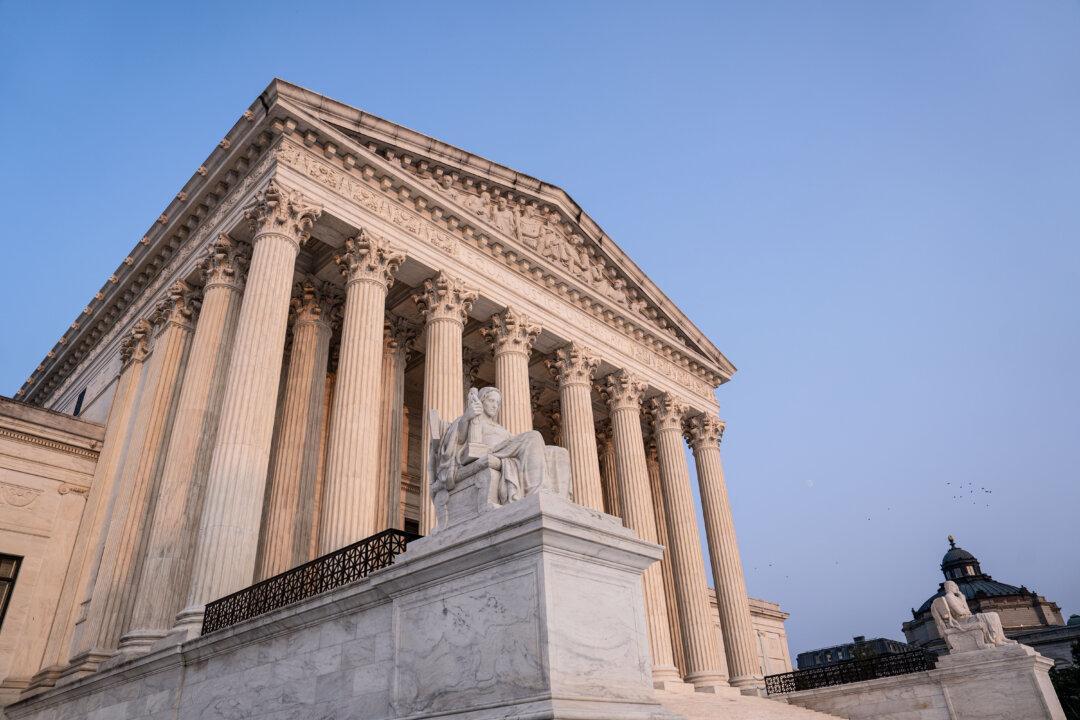The Supreme Court decided on Oct. 4 to hear a case about flavored vaping products the government says the manufacturer improperly filed in the wrong court to seek a favorable result.
The nation’s highest court is expected to deal with procedural issues instead of the question of whether the U.S. Food and Drug Administration (FDA) was correct in its ruling denying approval of the products.





